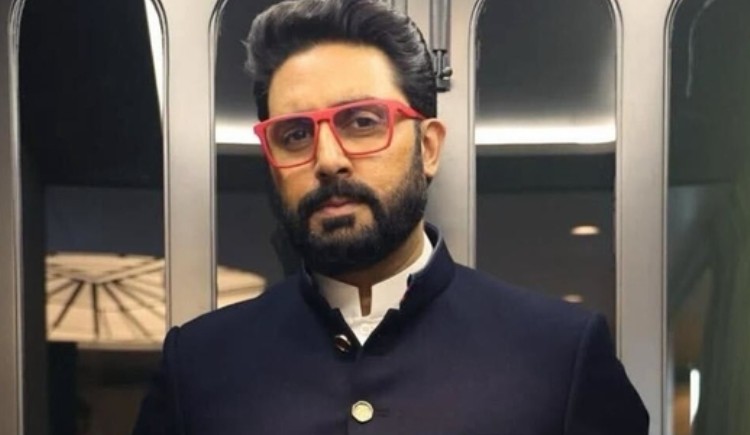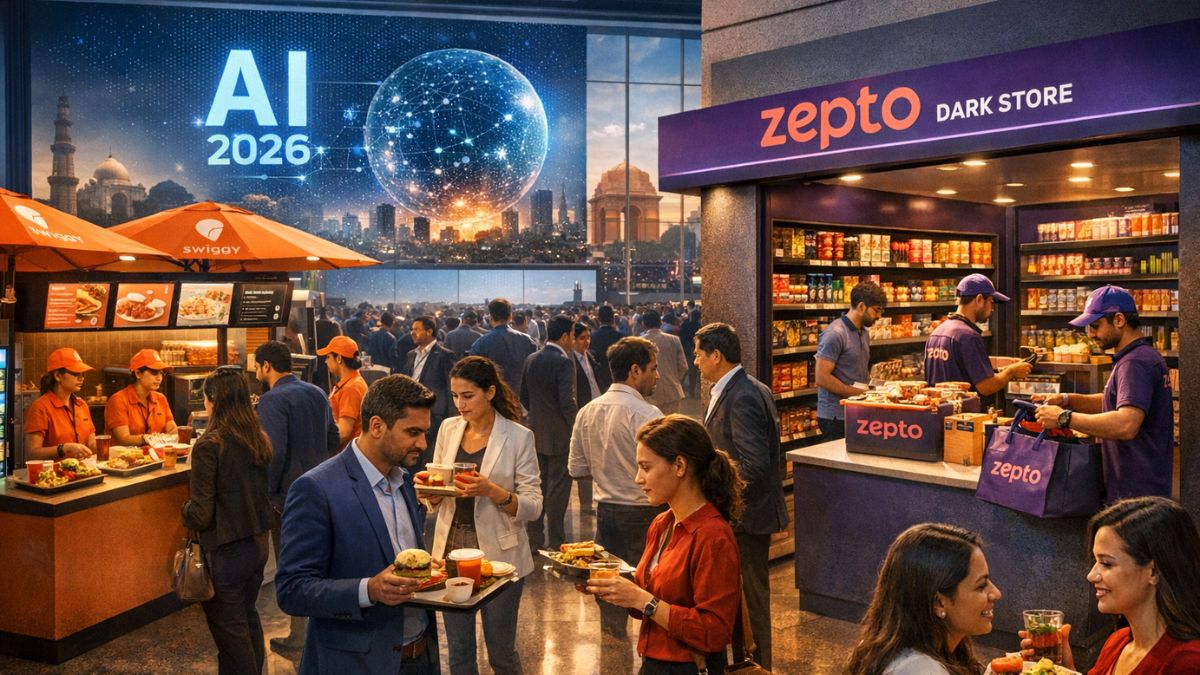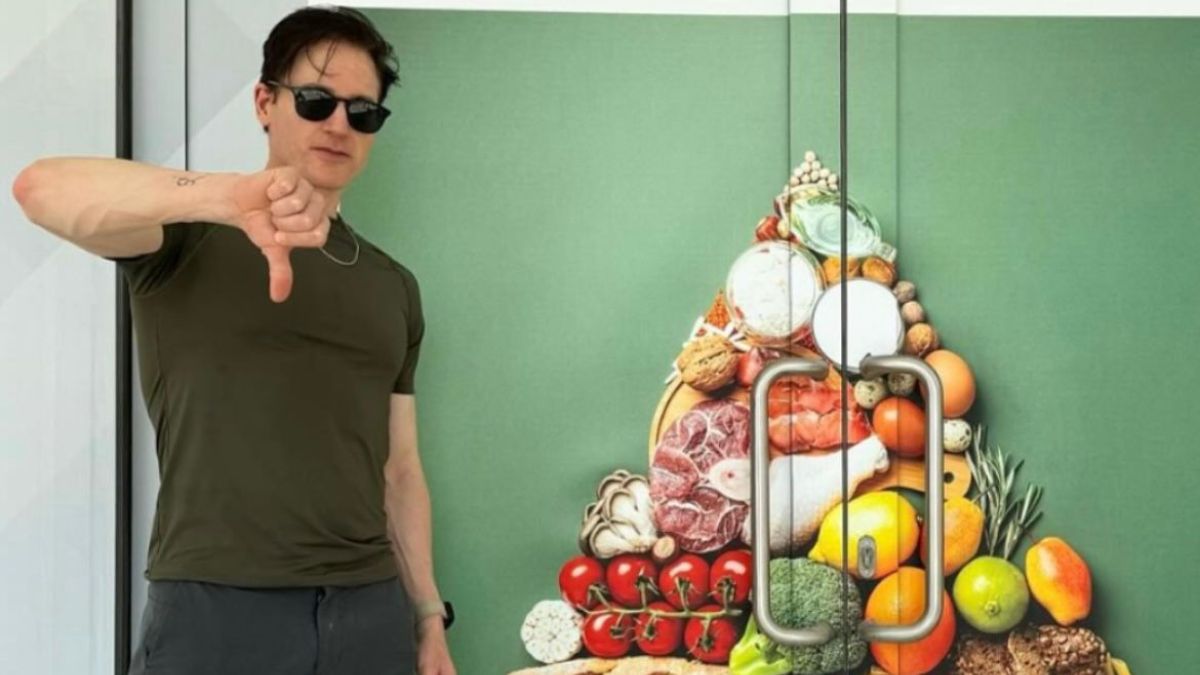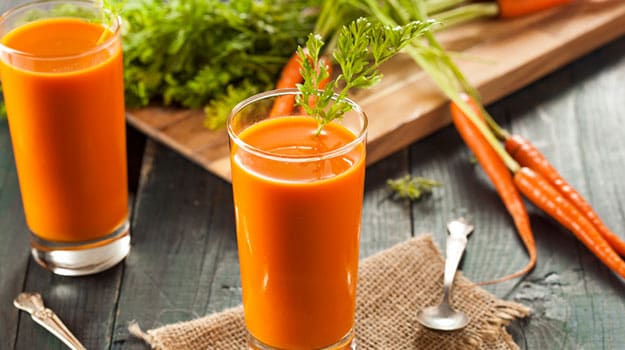There's no denying that a well-planned diet along with lifestyle changes can go a long way in maintaining and even improving your eye health. One of the ingredients that has long been touted to benefit eyesight is carrot. It has been a common notion that including fresh carrots in your diet or even consuming its juice on a regular basis can benefit the eyes. We set out to find out the amount of truth in the above mentioned theory.(Also Read: 8 Do's and Don'ts to Improve Your Eyesight)
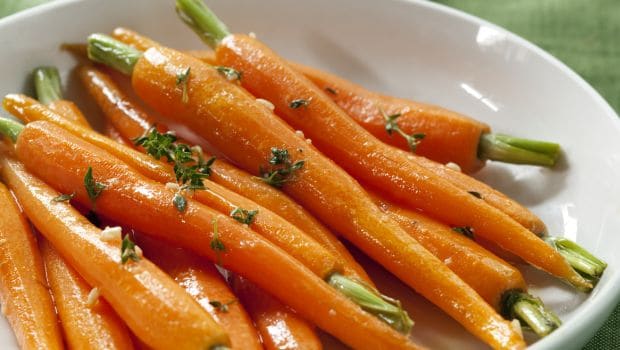
Carrots are loaded with a range of essential minerals, vitamins and other micronutrients. "Rich in antioxidants betacarotene, carrots are good for the immune system as well as for skin and eye health," as mentioned in Maggie Pannell's book, The Detox Cookbook and Health Plan.
Although betacarotene present in carrots have long been linked to improving vision and bettering sight, a piece published in Berkley, University of California's supplement notes, "unless you are deficient in vitamin A - as from a poor diet, malabsorption problems, or alcoholism - beta carotene (or vitamin A) won't make bad vision better,". The body is capable of converting betacarotene to a vitamin called retinal - type of vitamin A - that is considered crucial for the maintenance of normal vision. Despite this find, experts believe that the amount of betacarotene supplied to the body or the conversion to retinal is usually insignificant to provide drastic changes in the vision quality. However, one of the studies did find that carotenoids present in carrots were able to help older people with age-related mascular degeneration.(Also Read: 7 Carrot Juice Benefits - Why You Need to Drink Up This Veggie)
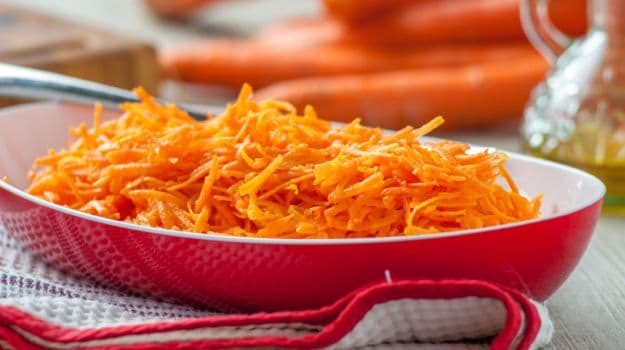
"Carrots, which contain vitamin A, are one of several vegetables that are good for the eyes. But fresh fruits and dark green leafy vegetables, which contain more antioxidant vitamins such as C and E, are even better. Antioxidant vitamins may help protect the eyes against cataract and age-related macular degeneration. But eating any vegetables or supplements containing these vitamins or substances will not prevent or correct basic vision problems such as nearsightedness or farsightedness," as mentioned in 'Safeguarding Your Sight' published by Harvard Health Publications.
It comes across a bitter fact that carrots - like many other foods rich in betacarotene and vitamin A - may help maintain your vision, but they won't miraculously improve it or keep you from needing glasses. Including other orange-coloured foods, vitamin A, E and C rich items along with seafood and dairy will help keep your vision in place.



